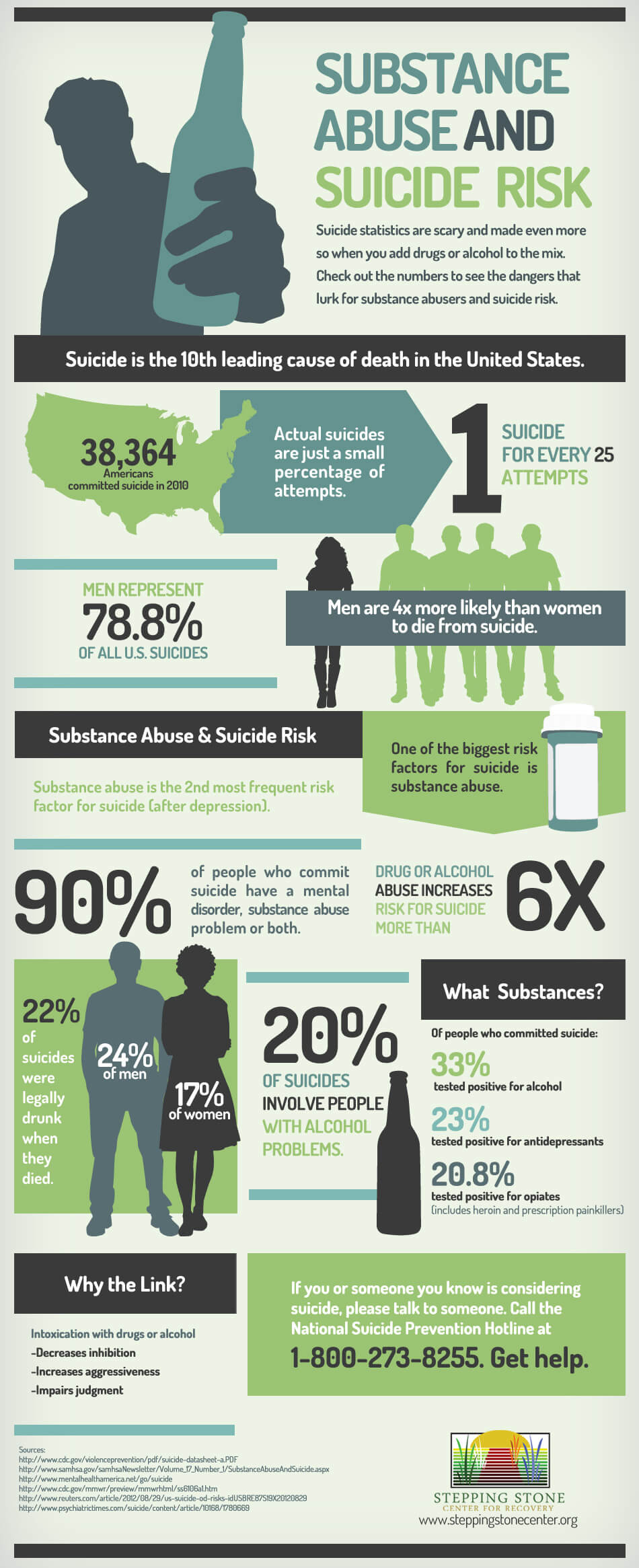Conquering Pity And Guilt In Drug Rehab: Ruining The Stigma
Conquering Pity And Guilt In Drug Rehab: Ruining The Stigma
Blog Article
Material Writer-Burke Oddershede
You're not the only one in the battles you face, and dealing with the stigma surrounding shame and regret in Drug rehab is the primary step in the direction of redeeming your life. By discovering the origins of these feelings and finding out to navigate them in a helpful setting, you can pave the way for real recovery and growth. Stay tuned to discover just how damaging free from the weight of pity and sense of guilt can unlock a course to self-acceptance and a future full of pledge and positivity.
The Impact of Embarassment and Sense of guilt
Experiencing embarassment and sense of guilt can dramatically prevent your development in Drug rehabilitation by creating barriers to self-acceptance and recovery. When you carry the weight of shame for past actions or guilt for the effect of your addiction on enjoyed ones, it can be testing to move on. These emotions might cause low self-esteem, making it difficult to believe in your ability to transform and recuperate.
Embarassment and regret can also sustain negative thought patterns, enhancing the belief that you're unworthy of assistance or redemption. This can prevent you from fully engaging in the recovery process and looking for support when required. The worry of judgment from others or the concern of encountering your own feelings might lead you to stay clear of required conversations or therapy sessions.
Recognizing and addressing these feelings is important for your recovery journey. By working through https://anotepad.com/notes/566332qh and sense of guilt in a safe and encouraging setting, you can begin to grow self-compassion and mercy. This shift in attitude can encourage you to accept the recuperation procedure with a newfound sense of hope and determination.
Approaches for Healing and Transformation
To promote your healing and makeover in Drug rehab, executing efficient techniques is essential. One crucial approach is to proactively take part in therapy sessions. By participating totally in individual and team therapy, you can deal with underlying issues, learn coping mechanisms, and get assistance from professionals and peers.
One more crucial method is to focus on self-care. This includes getting enough rest, consuming nourishing dishes, and engaging in physical activities that advertise wellness. Furthermore, practicing mindfulness and meditation can help you remain present and handle food cravings or triggers properly.
Establishing sensible goals and celebrating little success in the process can additionally add significantly to your healing journey. By breaking down your healing process right into convenient actions, you can preserve motivation and track your development.
Additionally, surrounding yourself with a favorable support group of close friends, family members, or fellow people in healing can provide inspiration and responsibility. Remember, everyone's path to healing is special, so it's important to locate approaches that resonate with you directly and adapt them as needed to promote long lasting transformation.
Accepting a Life of Sobriety
Embrace sobriety as a new phase in your life, filled with possibilities for growth and gratification. Making the decision to live a sober life is a courageous step towards a brighter future. By choosing sobriety, you're selecting to prioritize your wellness and redeem control over your life. It may appear intimidating initially, but bear in mind that every day sober is a day of development and strength.
As you embrace soberness, border on your own with supportive and understanding individuals who uplift and motivate you on this trip. Engage in tasks that bring you joy and satisfaction, assisting you discover the beauty of life without materials. Welcoming a life of soberness isn't about deprivation yet about empowerment. click for more info opens doors to brand-new opportunities and allows you to connect with your authentic self.
Commemorate each landmark along the road, despite just how small, as they indicate your resilience and determination. Keep in mind, sobriety is a present you give on your own, leading to a life loaded with quality, objective, and endless capacity.
Conclusion
In conclusion, damaging the preconception bordering shame and guilt in Drug rehabilitation is essential for personal development and recovery. By attending to these feelings head-on, practicing self-care, and accepting soberness as a brave choice, people can change their lives and find happiness and objective.
With a positive support system and a dedication to self-improvement, getting rid of shame and sense of guilt leads the way for empowerment and a satisfying, sober future.
